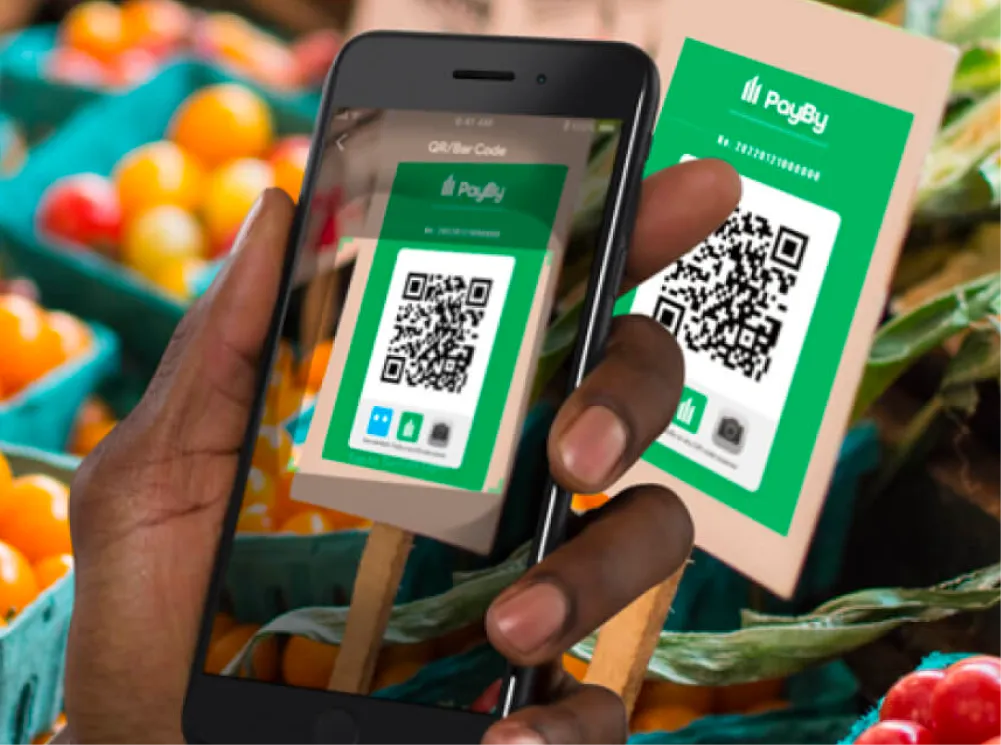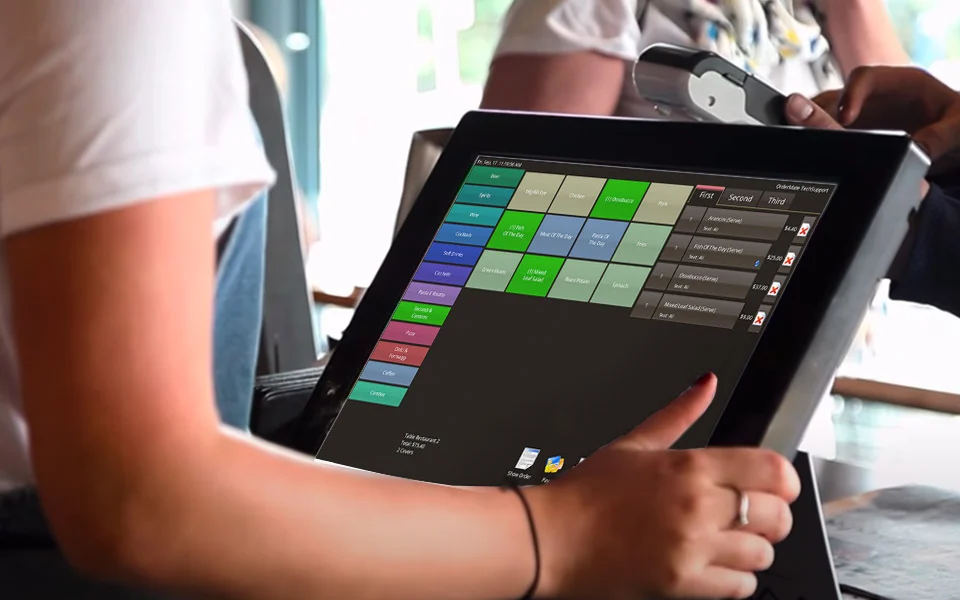Thailand’s Quiet Crypto Shift: What 2025 Means for Business Transactions
The idea of walking into a Thai café and paying for your iced latte in USDT might’ve sounded gimmicky just a few years ago. In 2025, however, that scenario is becoming surprisingly common—especially in pockets of the country where tourism, tech, and global money converge. Thailand isn’t undergoing a crypto revolution. But there’s a subtle recalibration happening. From modest cafés in Chiang Mai to boutique hotels in Phuket, businesses are quietly integrating crypto payments Thailand into their daily operations.
This isn’t hype. It’s a signal worth watching.
Crypto Payments Thailand: A Shift Driven by Travelers, Not Traders
Crypto payment adoption in Thailand isn’t led by local crypto traders or DeFi evangelists. It’s coming from the ground—specifically from small business owners responding to a growing number of international customers who want to pay in digital assets.
In areas like Sukhumvit, Nimman, or the beaches of Koh Phangan, customers aren’t just curious—they’re spending. Stablecoins like USDT and USDC are especially popular, offering a digital alternative that bypasses both exchange rates and traditional banking fees.
And it’s not just hospitality. A surprising mix of businesses are experimenting: dermatology clinics, custom tailoring shops, even mid-range tour operators.

Credit from : TripAdvisor
Crypto Payments Thailand: What’s Pushing Thai Businesses to Try Crypto?
The motivations vary, but they share a few core themes:
- Customer demand: With more digital nomads and crypto earners moving through Thailand, businesses see accepting crypto as a service, not a stunt.
- Lower international friction: Compared to SWIFT or card processors, crypto is (in some cases) faster and cheaper for foreign transactions.
- Brand positioning: Even if usage is limited, “crypto accepted here” still sends a modern, forward-thinking signal to passersby.
Of course, not everyone sees value right away. Some businesses run small pilots, see no traction, and quietly return to cash and QR code payments. Others stick with it—expecting gradual growth.

Credit from : PayBy
The Regulatory Picture: Still Evolving
Thailand’s stance on crypto has become clearer in some ways—and more cautious in others. The SEC has tightened rules on exchanges and ICOs, but crypto as a means of payment remains usable, provided transactions are properly recorded.
That means businesses can accept crypto if they:
- Clearly price goods and services in Thai baht
- Report earnings and handle taxes accordingly
- Use registered or legally permitted wallets and platforms
The framework is functional, but far from frictionless. Some business owners say they’re still unsure what’s permitted long-term. Others prefer to stay “off the radar,” accepting crypto informally unless volume grows.

Crypto Payments Thailand: What Adoption Looks Like Today
Forget flashy point-of-sale terminals or metaverse tie-ins—crypto payments in Thailand often look remarkably simple. A staff member opens a wallet app, the customer scans a QR code, and the transaction completes. No printing, no receipts, no bank delay.
Chiang Mai café owners report occasional use—often by long-stay remote workers. A few say crypto tippers are among their best-spending customers.

In Phuket, a luxury villa rental service quietly accepts ETH and USDT for deposits. One manager noted, “It’s not mainstream, but it sets us apart. And yes, we get inquiries just because of it.”
Meanwhile, Bangkok businesses near expat enclaves say crypto activity is still rare—but increasing year-on-year.
Is This a Real Trend or a Temporary Blip?
Hard to say—yet.
The infrastructure is maturing. Wallet apps are more user-friendly. Stablecoins are more widely held. And travel continues to be a core economic engine for Thailand.
Still, there’s a long way to go before this becomes standard. Most Thai consumers still rely on PromptPay, QR codes, or simple cash. For crypto payments to reach scale, several things would need to align:
- Regulatory clarity and simplified tax guidance
- Broader stablecoin adoption among SEA consumers
- Local POS providers adding native crypto support

Credit from : OrderMate
Until then, adoption will likely remain clustered in globalized pockets—places where crypto wealth meets local business flexibility.
Looking Ahead: Slow Growth, Steady Impact
Thailand won’t become the world’s first crypto-first economy. But it’s carving out a distinct role: a testbed for organic crypto adoption in the real world. Businesses aren’t being forced to accept digital assets—they’re choosing to experiment with them. Quietly. Pragmatically.
And that might be what makes this trend stick.
If Thailand continues to attract crypto-native travelers, freelancers, and entrepreneurs, this subtle shift could become a solid foothold for broader acceptance. The numbers aren’t huge. The branding isn’t loud. But the pattern is becoming harder to ignore.
In short: crypto payments in Thailand aren’t explosive—but they’re very much alive.



